I was excited to attend pianist Han Chen’s recital at Central Park West on November 23rd, 2024, hosted by Robin Shoemaker. I had greatly enjoyed previous recitals by Mr. Chen at this venue in 2017 and 2018.
The program consisted of romantic era piano sonatas by Anton Rubinstein. In his introduction, Han Chen explained that the concert was in preparation for his upcoming Rubinstein recording sessions for the NAXOS label.
I used to wonder why a fine pianist like Rubinstein composed such quirky music. Only when researching before the recital did I realize that Arthur Rubinstein (1887-1982) was not Anton Rubinstein (1829-1894)!
Rubinstein: Piano Sonata No. 3 in F major, Op. 41 (1855)
Han Chen’s expressive delivery left no doubt that he “got” Rubinstein. But despite Mr. Chen’s intense focus, Sonata No. 3 itself felt in need of refinement. Only in the final Allegro Vivace did I sense that the composer had potential.
Rubinstein: Piano Sonata No. 4 in A minor, Op. 100 (1877)
The first movement (moderato con moto) opened with great drama and evolved through abrupt changes of mood. My overall impression was positive, and I loved Han Chen’s closing low-end flourishes.
The second movement (allegro vivace) was laced with humor and delivered with such relish by Han Chen that it was hard not to chuckle. Certain moments reminded me of Mussorgsky’s Pictures at an Exhibition, written a few years earlier. Also of note were some transitions that sounded very much like Rachmaninoff.
The third movement (andante) opened with almost Schubertian flow, progressing through passages that could have been attributed to several composers of the era. And wait… was that a not-so-subtle echo of Chopin’s Marche Funèbre? Again I noticed motifs that were suggestive of future works by Rachmaninoff.
The final movement (allegro assai) opened with declamatory drama, progressing through ethereal moments to much pounding. This was impressive to watch but somewhat overwhelming to listen to. The final couple of minutes flirted with melody before launching into a robust, almost Liszt-ian finale.
Han Chen pulled this difficult work together with power and verve. One can only wonder what it must have been like to see Anton Rubinstein himself perform it.
Rachmaninoff – Moments Musicaux in E minor Op. 16 No. 4 (1896)
After an evening of Rubinstein works that hinted at Rachmaninoff, Han Chen’s choice of a Rachmaninoff encore was fitting and made for a satisfying close to a fascinating evening.
A few words with Han Chen
I asked Han Chen about the huge difference between the sonatas. He explained that Sonata No. 3 was written while the composer was in his 20’s, while No. 4 was written over 20 years later.
As a takeaway, Han Chen suggested that people pay more attention to less well-known composers. Just as great composers can write poor works, lesser composers can produce great works. He felt that Rubinstein’s Sonata No. 4 was such a work.
CLICK HERE to support Han Chen’s new Rubinstein CD!

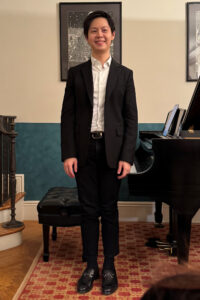
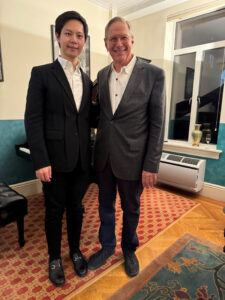
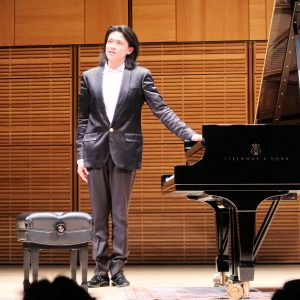
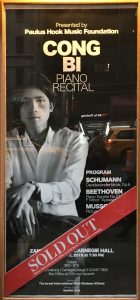
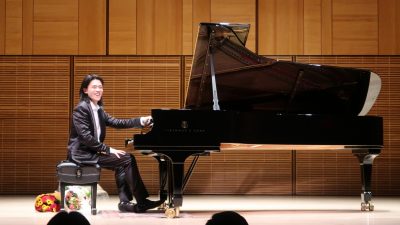
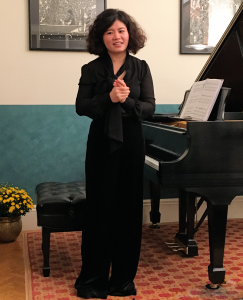
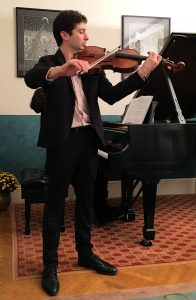
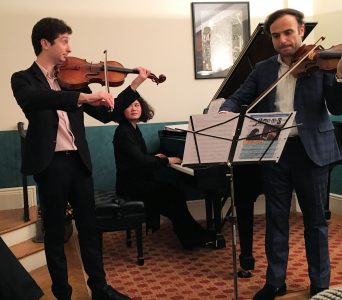
You must be logged in to post a comment.